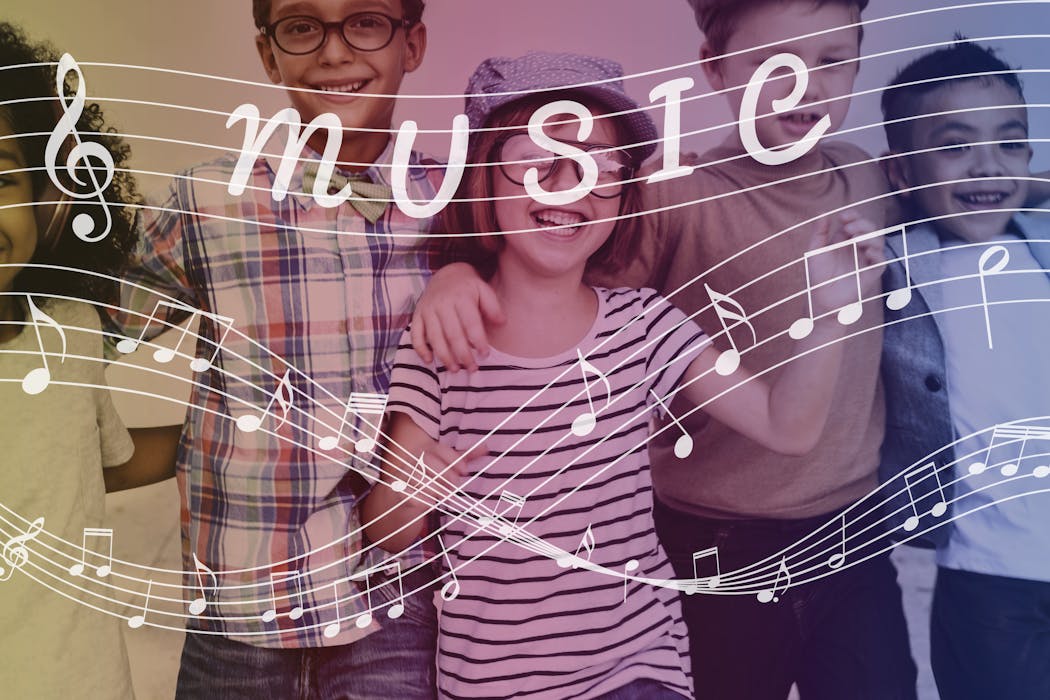Music therapy is a powerful tool that has been used for centuries to promote healing and well-being. One of the key techniques used in music therapy is lyric analysis, which involves examining the lyrics of a song to gain insight into a person’s thoughts, emotions, and experiences. This technique can be used with individuals or groups and can be particularly effective in helping people process trauma, improve self-awareness, and enhance communication skills. In this article, we will explore the psychological and emotional benefits of lyric analysis, how it can help in processing trauma and grief, its role in enhancing self-awareness and self-expression, and its potential to improve communication and social skills. We will also discuss how lyric analysis can be incorporated into holistic wellness practices and the future of this technique in music therapy.
The Psychological and Emotional Benefits of Lyric Analysis
Lyric analysis can have a profound impact on a person’s psychological and emotional well-being. By examining the lyrics of a song, individuals can gain insight into their own thoughts and feelings, as well as those of the songwriter. This process can help people identify and process complex emotions, gain a sense of validation and understanding, and develop a deeper connection to themselves and others. Additionally, engaging in lyric analysis can provide a sense of empowerment and control, as individuals are able to explore their own interpretations and meanings of the lyrics. This can be particularly beneficial for individuals who may struggle with expressing their emotions or have difficulty verbalizing their experiences. Overall, lyric analysis can be a powerful tool for promoting emotional awareness, insight, and healing.
On a psychological level, lyric analysis can also help individuals gain a better understanding of their own thought patterns and belief systems. By examining the themes and messages within a song, individuals can gain insight into their own values, fears, and desires. This process can help people identify any negative or limiting beliefs they may hold and work towards developing more positive and empowering perspectives. Additionally, engaging in lyric analysis can help individuals develop a greater sense of self-compassion and self-acceptance, as they come to recognize that their experiences and emotions are valid and worthy of exploration. This can be particularly beneficial for individuals who may struggle with low self-esteem or feelings of shame or inadequacy. Overall, lyric analysis can be a valuable tool for promoting psychological growth, self-awareness, and personal development.
How Lyric Analysis Can Help in Processing Trauma and Grief
One of the most powerful applications of lyric analysis in music therapy is its ability to help individuals process trauma and grief. When people experience traumatic events or significant losses, they often struggle to make sense of their experiences and find ways to cope with their emotions. Engaging in lyric analysis can provide a safe and supportive space for individuals to explore their feelings and gain insight into their experiences. By examining the lyrics of a song that resonates with their emotions, individuals can find validation for their feelings and gain a sense of connection to others who have experienced similar struggles. This process can help individuals feel less alone in their experiences and provide a sense of comfort and understanding.
Furthermore, engaging in lyric analysis can help individuals identify and express complex emotions related to trauma and grief that they may struggle to verbalize. By examining the themes and messages within a song, individuals can find words and imagery that resonate with their experiences, providing a means for them to express their emotions in a safe and creative way. This process can be particularly beneficial for individuals who may struggle with finding words to describe their feelings or who may feel overwhelmed by the intensity of their emotions. Overall, lyric analysis can be a valuable tool for helping individuals process trauma and grief in a supportive and empowering way.
Using Lyric Analysis to Enhance Self-Awareness and Self-Expression
In addition to its benefits for processing trauma and grief, lyric analysis can also be a powerful tool for enhancing self-awareness and self-expression. By examining the lyrics of a song, individuals can gain insight into their own thoughts, feelings, and experiences, as well as those of the songwriter. This process can help people develop a deeper understanding of themselves and their inner world, as well as gain insight into their values, beliefs, and desires. Additionally, engaging in lyric analysis can provide individuals with a means for expressing their emotions in a safe and creative way, allowing them to explore their experiences through the imagery and themes within the song.
Furthermore, engaging in lyric analysis can help individuals develop greater self-compassion and self-acceptance. By examining the themes and messages within a song, individuals can gain validation for their feelings and experiences, as well as recognize that their emotions are valid and worthy of exploration. This process can help individuals develop a greater sense of empathy towards themselves and others, as well as cultivate a more positive and empowering perspective on their own experiences. Overall, lyric analysis can be a valuable tool for promoting self-awareness, self-expression, and personal growth.
The Role of Lyric Analysis in Improving Communication and Social Skills
Another important application of lyric analysis in music therapy is its role in improving communication and social skills. Engaging in lyric analysis can provide individuals with an opportunity to explore complex emotions and experiences in a safe and supportive environment. By examining the themes and messages within a song, individuals can gain insight into their own thoughts and feelings, as well as those of others who have experienced similar struggles. This process can help individuals develop greater empathy towards themselves and others, as well as cultivate a deeper understanding of the human experience.
Furthermore, engaging in lyric analysis can provide individuals with a means for expressing their emotions in a creative way. By exploring the imagery and themes within the song, individuals can find words and imagery that resonate with their experiences, providing them with a means for expressing their emotions in a safe and supportive way. This process can help individuals develop greater confidence in expressing themselves verbally, as well as cultivate greater empathy towards others who may be struggling with similar emotions. Overall, lyric analysis can be a valuable tool for improving communication and social skills by providing individuals with an opportunity to explore complex emotions in a safe and supportive environment.
Incorporating Lyric Analysis into Holistic Wellness Practices
In addition to its benefits for psychological and emotional well-being, lyric analysis can also be incorporated into holistic wellness practices to promote overall health and well-being. Engaging in lyric analysis can provide individuals with an opportunity to explore complex emotions in a safe and supportive environment. By examining the themes and messages within a song, individuals can gain insight into their own thoughts and feelings, as well as those of others who have experienced similar struggles. This process can help individuals develop greater empathy towards themselves and others, as well as cultivate a deeper understanding of the human experience.
Furthermore, engaging in lyric analysis can provide individuals with a means for expressing their emotions in a creative way. By exploring the imagery and themes within the song, individuals can find words and imagery that resonate with their experiences, providing them with a means for expressing their emotions in a safe and supportive way. This process can help individuals develop greater confidence in expressing themselves verbally, as well as cultivate greater empathy towards others who may be struggling with similar emotions. Overall, lyric analysis can be a valuable tool for improving communication and social skills by providing individuals with an opportunity to explore complex emotions in a safe and supportive environment.
The Future of Lyric Analysis in Music Therapy
In conclusion, lyric analysis is a powerful technique that has the potential to promote healing and well-being on multiple levels. Its psychological and emotional benefits make it an invaluable tool for helping individuals process trauma and grief, enhance self-awareness and self-expression, improve communication and social skills, as well as promote overall health and well-being. As music therapy continues to evolve, it is likely that lyric analysis will play an increasingly important role in helping individuals navigate complex emotions and experiences in a safe and supportive way. By incorporating this technique into holistic wellness practices, music therapists have the opportunity to provide individuals with valuable tools for promoting personal growth, healing, and empowerment. As we look towards the future of music therapy, it is clear that lyric analysis will continue to be an essential technique for promoting psychological well-being and personal development.
Find out how Torongo Therapyplus can help you with your needs. Get in touch with us at smile@torongo.life, or call us on 02 8809 9965.































